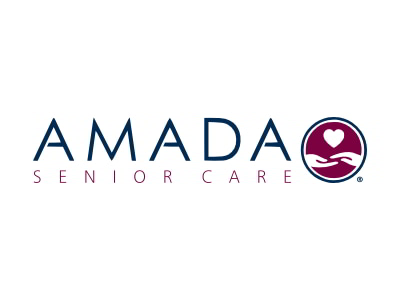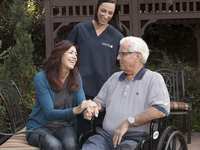- Categories :
- More
Gain Insights - Caregiving for Cancer

Caring for yourself or a loved one during cancer treatments can be overwhelming both physically and mentally. The journey can be tough on the entire family. For many, it means changing set routines with life and work. Studies show that family caregivers often dedicate at least 41 hours a week in addition to their full-time job. Other studies show that 50% of family members who care for cancer patients experience high levels of stress and concern that they aren’t doing tasks for their loved one properly—all while worrying about the outcome of their loved one’s illness. Still other studies show high percentages of family caregivers who experience depression and illness of their own. The care provided by our trained and compassionate caregivers can alleviate that stress and depression.
This care can be a few hours a day or full time. The goal is to provide care that will allow you to set your mind at ease and spend the time with your loved one free of anxiety.
Transitional Caregiving
Many cancer patients need immediate support during treatments or are discharging from the hospital, and some may need their support to be ongoing. Our transitional caregiving option will provide hours of immediate caregiver support to ensure that after surgery or cancer treatments, your loved one transitions safely from hospital to home. We can be there to provide care & support based on your needs as well as your family’s needs. All of the care and services you or your loved one receive from our team will be coordinated by our professional staff to meet your specific needs and personal preferences.
Amada Caregiving
Whatever your situation may be—whether you are living alone, have an afflicted minor, or have a partner or spouse working for the benefit coverage—Amada can provide care in your home for you or your family member and help by reducing the burden of tasks through a wide variety of care needs. As care needs vary with different patients and individuals, care can mean emotional and psychological support through companionship, or meeting a full range of activities of daily living.
Ranges of Caregiving Support
At Amada, our non-medical caregiving support is determined by the patient’s needs in conjunction with the family’s needs. Some of the tasks we can help with include the following:
• Help with activities of daily living like meal prep, eating, personal hygiene, light housework, etc.
• Transportation and assistance at doctor's visits? and on errands
• Medication reminders
• Coordinating care and services from a distance by phone or email
• Support in symptom monitoring
• Providing companionship, emotional & spiritual support
Troy Tice adds “It’s important to build a support team to rely on when things get tough. Caregivers can supplement the hours when friends and family members can’t be there. Knowing there is a back up system in place can relieve the fear and stress everyone involved feels.”
Contact us to meet our team of care professionals and learn more about how our transitional caregiving program can enhance post-acute outcomes.


















